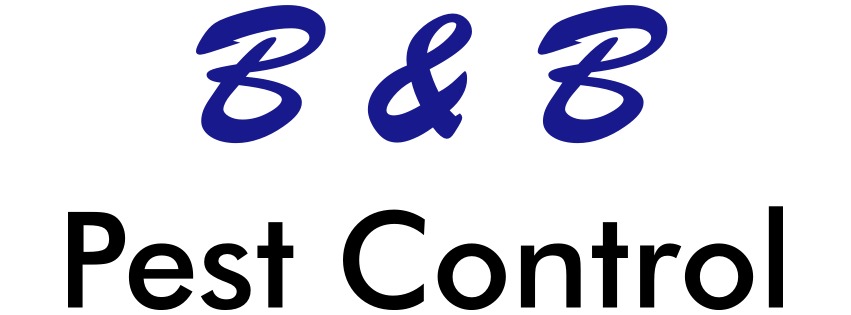Ants are one of the most common household pests, and we’ve all had to deal with them at some point or another. However, there are certain things that you can do to ensure that these insects have no reason to enter the home.
Know where ants are most common
Ants are unsurprisingly most common in the kitchen – they have access to food and water. However, they will also infest bathrooms, bedrooms, basements, the insides of walls, and in living rooms, especially if they can find sources of food in these rooms and areas routinely. On top of that, there may be water sources present due to leaky pipes.
Remove water sources
Once you’ve identified the area of the infestation, you will have to make sure that there are no water sources that can sustain a colony. This means checking and fixing leaky pipes, using a dehumidifier in the basement, attic or any other area that is high in humidity, or checking the gutters and downspouts to make sure that they are working properly and the water flows away from the foundation.
Remove food sources
Most ants will enter the home looking for food, so in order to prevent most infestations, you will need to make sure that the ants do not have access to any food sources in the home. To remove these food sources, you will have to make sure that you do not leave leftovers out in the open for too long, that you do not leave any crumbs or spills on the floor or the counter, and that you keep your food in sealed containers.
Eliminate access points into the home
Since ants are so small, you will need the help of a pro to completely make your home ant-proof. A pro will use residual insecticides to prevent almost all insects from entering the home. These residual insecticides will remain active for a long time once they have been applied to the various areas of the home that are used as entry points. However, there are certain ant species that may still infest the home in areas you would never expect. One of these species is the carpenter ant which will build their colony in the wood of the home. For more information on how to prevent or control ant infestation, or if you have an infestation that needs to be removed, contact us today.

